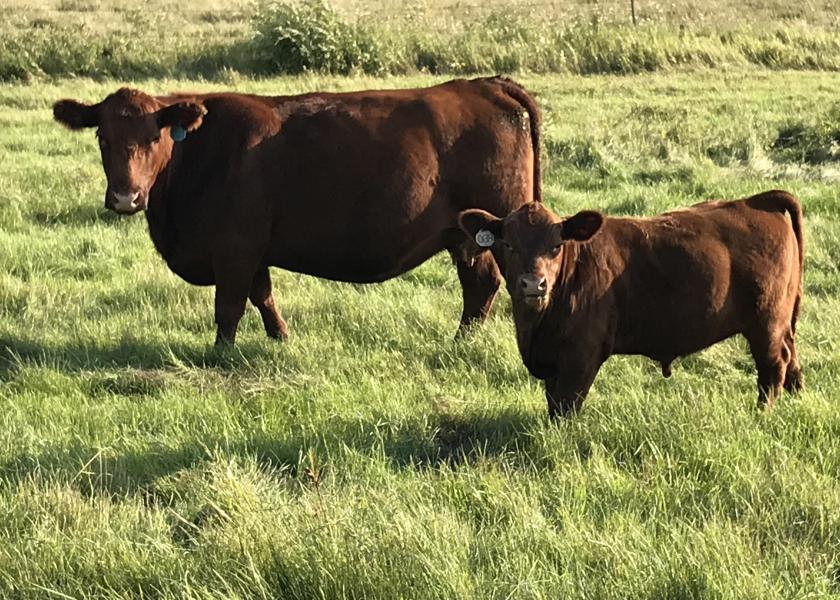Nalivka: Greenhouse Gas Emissions and the Cattle Cycle

This week a friend sent me an article from The Economist titled, “The Beef With Beef – Treating beef like coal would make a big dent in greenhouse-gas emissions” (Oct. 2, 2021). Since the title referred to two industries to which I have ties, I did read the entire article and while it was much of the same litany against beef production, I was struck with the thought that this discussion is becoming more wide-spread.
The article thoroughly “roasted” the beef industry with regard to greenhouse gas emissions (GHG) and climate change and presented the conclusion that beef production is a larger producer of greenhouse gas emissions among all food production than burning coal as a source of electricity production. The coal industry certainly got a reprieve with that fact! Further, according to the article and it’s quoted studies, this is the result of cattle emitting a large volume of methane as they graze large pastures that are created through deforestation. WOW!
None of this discussion is new, but my concern is that we are rapidly approaching the point where we may soon be discussing the cattle cycle in terms of GHGs rather than forage supplies and producer profits. But even more importantly, as energy prices escalate due to prejudicial energy policy and food prices rise, what will be the final outcome with American consumers? Will beef demand be severely and negatively affected as consumers cut back on beef consumption either as the result of high prices or as the quoted article promotes – climate change.
Taken together, climate change activism with the goal of significantly reducing the number of cattle and rising food prices does not spell well for the U.S. beef industry. I reiterate that I am optimistic for prices and returns to cattlemen over the next two to three years, but at the same time, the entire economics of the industry may be facing a greater challenge than we are predicting.
John Nalivka is president of Sterling Marketing, Inc., Vale, Oregon.







